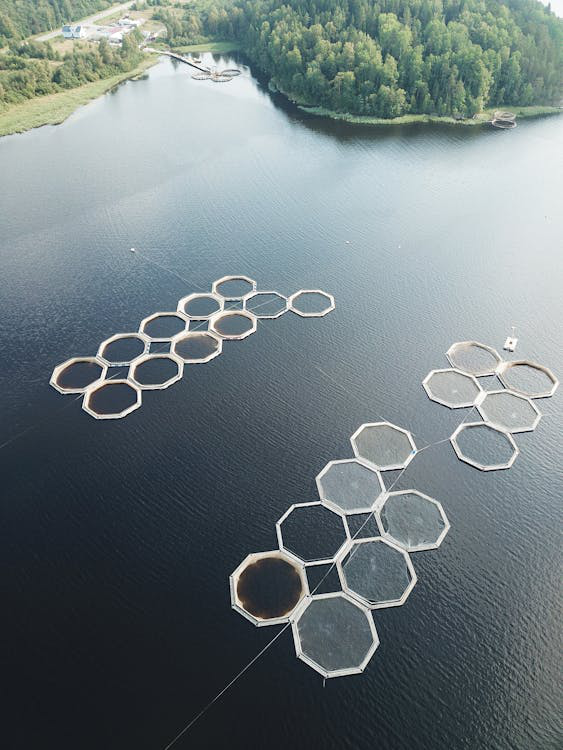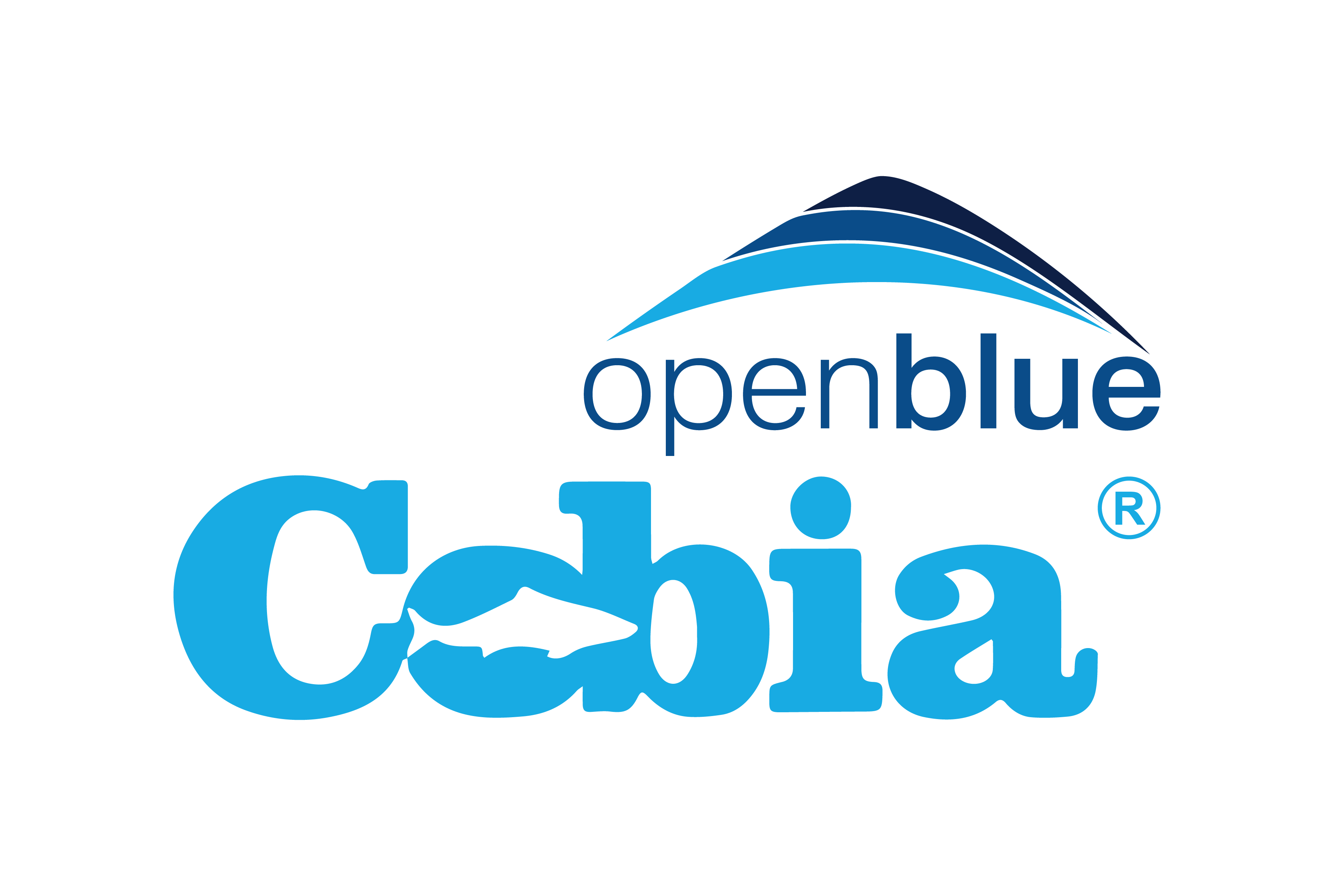
The Cobia Revolution: Innovative Farming Practices Shaping the Future of Seafood

The world's appetite for seafood is growing at an alarming rate. According to the UN Food and Agriculture Organization (FAO), global fish consumption has doubled in 50 years. This surge in demand, coupled with the threat of overfishing, has put immense pressure on wild fish populations.
As a result, innovative aquaculture practices are emerging as a sustainable solution to meet the growing demand for seafood. One such innovation is the rise of cobia fish farms.
Cobia: The Next Big Thing in Aquaculture
Cobia, also known as black salmon or lemonfish, is a versatile and delicious fish native to warm tropical waters. With its firm texture, mild flavor, and high nutritional value, cobia has become increasingly popular among chefs and consumers alike. Traditionally, cobia has been caught wild, but due to overfishing concerns, aquaculture is rapidly becoming the primary source of this delicious fish.
This innovative approach not only provides cobia with ample space to swim and grow but also minimizes the environmental impact by dispersing waste and reducing the risk of disease transmission.
What Makes Cobia Farming Innovative?
Cobia farming features several sustainable and forward-thinking methods that are transforming the seafood industry:
Offshore Aquaculture
Cobia fish farms, including ours, are typically located in open ocean environments, away from the ecological concerns associated with traditional near-shore aquaculture. This minimizes the impact on coastal ecosystems and reduces the risk of disease transmission between farmed fish and wild populations.
Minimizing Waste
Cobia farmers are constantly developing methods to minimize waste. For instance, uneaten feed and fish waste are often converted into fertilizer, creating a closed-loop system that promotes resource efficiency.
Water Quality Management
Maintaining optimal water quality is essential for the health and well-being of cobia in aquaculture systems. To achieve this, our farmers employ advanced water filtration and monitoring techniques to ensure that water parameters such as temperature, oxygen levels, and salinity remain within the optimal range.
Additionally, we take proactive measures such as regular cleaning and maintenance of fish pens to prevent waste build-up and maintain a healthy environment for the fish.
The Future of Sustainable Seafood
The cobia farming revolution is a prime example of how innovative aquaculture practices can address the challenges facing the seafood industry. By promoting sustainable methods, cobia fish aquaculture farms offer a glimpse into a future where we can enjoy delicious and nutritious seafood without compromising the health of our oceans.
At Open Blue, sustainability is at the heart of everything we do. We are committed to preserving the health of our oceans and marine ecosystems for future generations. That's why we implement innovative aquaculture practices that minimize our environmental footprint and promote the well-being of both our fish and the surrounding environment.

If you're looking for a wholesale fresh whitefish supplier, look no further than Open Blue. We provide healthy white fish raised in our state-of-the-art, environmentally friendly fish aquaculture farm.
Call us for more details.

